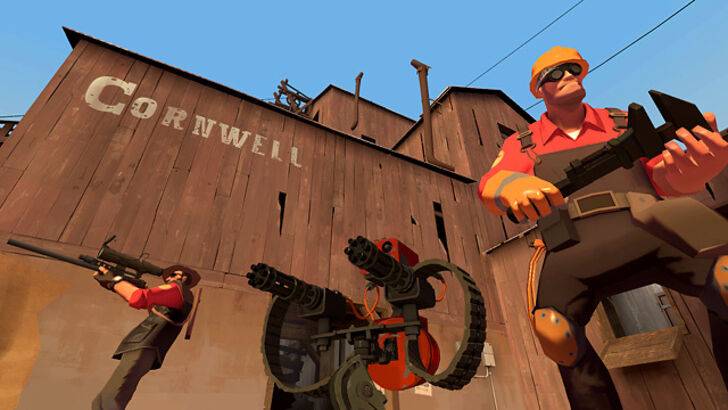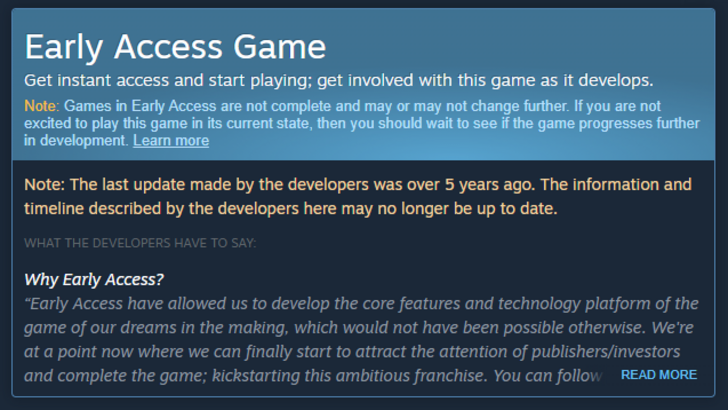Steam Bans Games With Forced Ads, Tightens Policy
- By Mila
- May 28,2025
Steam Doubles Down On Banning Games With Forced In-Game Advertisements

Valve, the company behind Steam, has taken a firm stance against games that force players to engage with in-game advertisements. This move aims to enhance the gaming experience by ensuring that players are not interrupted by mandatory ads. Let's dive into the specifics of this policy and what it means for both developers and gamers.
Valve Rolls Out Rules for Games with Forced Advertising
Games are Forced to Remove Ad Elements

Valve has introduced a dedicated policy page that explicitly bans games requiring players to watch or interact with advertisements to play. This practice, often seen in mobile games, particularly in free-to-play models, involves placing unskippable ads between levels or offering ads for rewards like energy refills.
This policy has been part of Steamworks' terms and conditions for nearly five years, but its recent emphasis through a dedicated page underscores Valve's commitment to maintaining high standards on their platform. The surge in game releases, with SteamDB reporting 18,942 games launched in 2024 alone, may have prompted Valve to reinforce its guidelines.

Steam does not feature paid advertisements, aligning with its policy against advertisement-driven business models. Developers looking to launch such games on Steam must remove these ad elements or convert their games into a one-time purchase model or a free-to-play model with optional microtransactions or downloadable content (DLC).
A prime example of this is the mobile game "Good Pizza, Great Pizza," which transitioned to Steam with its add-ons available as paid DLCs or unlockable through gameplay, thus complying with Valve's policy.
Product Placements and Cross Promotions Allowed on Steam
While disruptive ads are prohibited, Steam allows product placements and cross-promotions, such as bundles and sales events, as long as the necessary licenses for copyrighted content are in place. This includes racing games like "F1 Manager" featuring real sponsor logos, or skateboarding games showcasing real-world brands.
This policy aims to ensure a higher quality of games on PC and an enhanced user experience free from intrusive advertisements, allowing players to enjoy uninterrupted immersion.
"Abandoned" Early Access Games Now Give Warning

In addition to its advertising policy, Steam has introduced a feature to flag Early Access games that have not been updated in over a year. These games now display a message on their store pages indicating the duration since the last update and noting that the developer's information and timeline may be outdated.
With the growing number of Early Access games on Steam, these alerts help customers identify titles that might have been abandoned. While negative reviews often signal a game's neglect, having this notice prominently displayed is a significant improvement.
The gaming community has responded positively to this feature, with many expressing gratitude on social media and Steam forums. Some have suggested that games not updated in over five years should be removed from the platform altogether.
![Kuroku’s Basket: Showdown Zones Tier List [RELEASE] – Best Zones for Each Position](https://img.15qx.com/uploads/89/173890804367a5a18b666e3.jpg)






